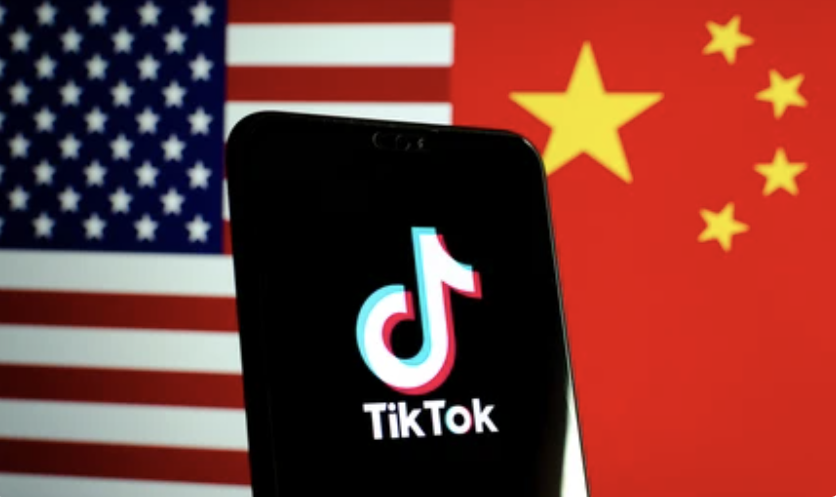The RESTRICT Act, a new bipartisan bill, has been the subject of controversy among cryptocurrency and technology advocates.
While the legislation primarily targets companies like Kaspersky, Huawei, and Tiktok, some opponents believe that its provisions could be used to punish individual Americans for using virtual private networks (VPNs).
This belief stems from a provision that calls for strict penalties, including a 20-year sentence, for using communications technology products and services associated with foreign adversaries. Some people have even suggested that the RESTRICT Act could be used to ban Bitcoin.
However, a spokesperson for Senator Mark Warner has clarified that the legislation is aimed solely at companies, not individual users.
Despite this assurance, critics like venture capitalist Balaji Srinivasan, former politician Ron Paul, and nonprofit organization Coin Center have expressed concerns about the bill’s potential implications for personal freedom and cryptocurrency. Balaji Srinivasan said:
“The RESTRICT Act is the American Great Firewall. Become China in the name of beating China.”
Coin Center warns that the RESTRICT Act’s broad authority could be used to ban just about anything linked to foreign adversaries, including cryptocurrency. While the bill’s primary focus is national security concerns, its potential impact on the cryptocurrency space is a cause for concern.
Tiktok Ban
In summary The RESTRICT Act, a new bipartisan bill, is causing controversy among cryptocurrency and technology advocates. While the legislation targets companies like Kaspersky, Huawei, and Tiktok, opponents believe its provisions could punish individual Americans for using virtual private networks (VPNs). Despite assurances from a spokesperson for Senator Mark Warner that the bill is aimed solely at companies, not individual users, critics are concerned about its potential impact on personal freedom and cryptocurrency.
